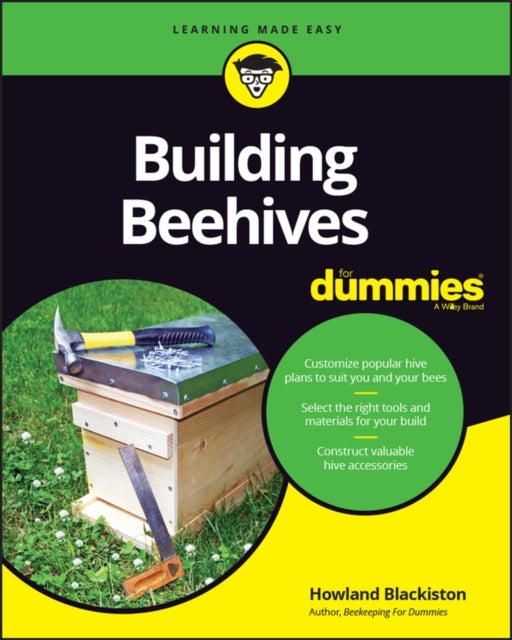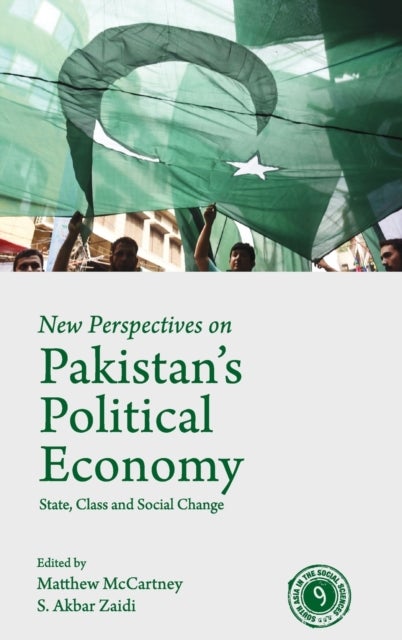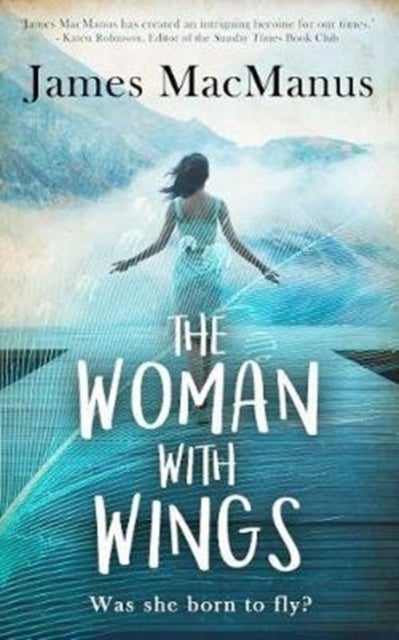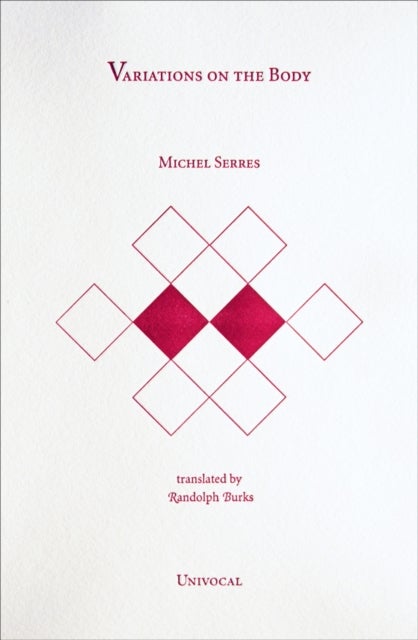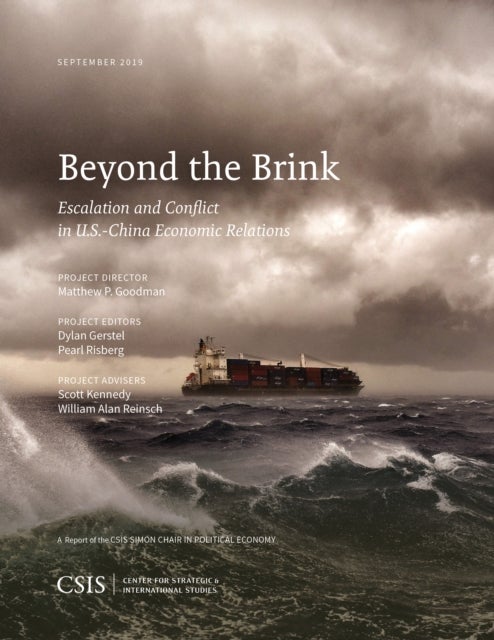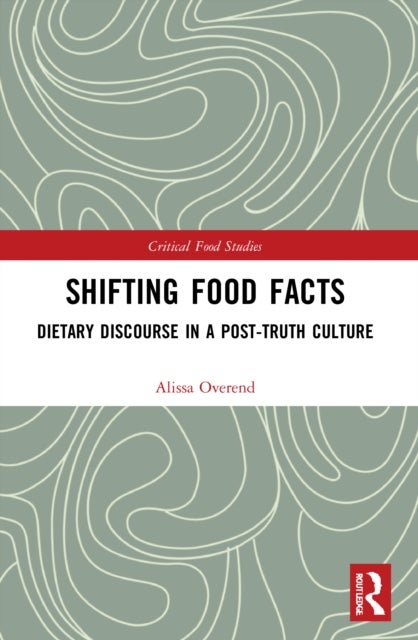
Shifting Food Facts av Alissa Overend
449,-
<P>This book offers a much-needed reframing of food discourse by presenting alternative ways of thinking about the changing politics of food, eating, and nutrition. It examines critical epistemological questions of <I>how </I>food knowledge comes to be shaped and <I>why </I>we see pendulum swings when it comes to the question of what to eat.</P><P>As food facts peak and peril in the face of conflicting dietary advice and nutritional evidence, this book situates shifting food truths through a critical analysis of how healthy eating is framed and contested, particularly amid fluctuating truth claims of a ¿post-truth¿ culture. It explores what a post-truth epistemological framework can offer critical food and health studies, considers the type of questions this may enable, and looks at what can be gained by relinquishing rigid empirical pursuits of singular dietary truths. In focusing too intently on the separation between food fact and food fiction, the book argues that politically

